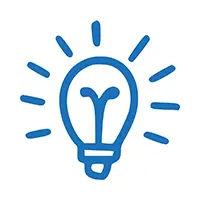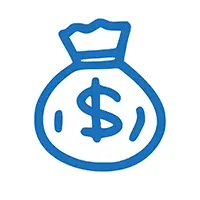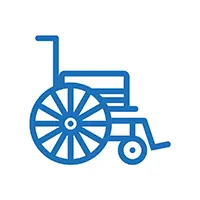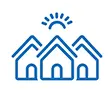Published 23 May 2019
Read the Trikes give the joy of mobility transcript
The Community Trikes programme at the Avantidrome in Cambridge provides a way for people to exercise in a fun, social way that suits them.
The coordinator for the programme, Aaron Ure, says it’s simply about getting people up and riding.
“Some of our riders haven't ridden for 50 years, and some of them haven't ridden at all.
“It's to give people that opportunity to take charge of one area of their life and say, ‘I wanna do this’, and to give them every opportunity to succeed in doing it,” he says.
The programme started after a small group of people with various disabilities – Aaron has spinal damage and fibromyalgia – wanted to start riding trikes to keep active.
It snowballed, and riding sessions were progressively added. The programme continued to grow, and last year it serviced 5000 rides.
What the riders say
Matua Rangi Manihera – a double amputee - says riding trikes has improved his fitness and keeps him motivated.
“Coming here… has been very supportive for us, both my wife and I,” Matua Rangi says.
His wife, Whaea Linda Anne Manihera, says riding the trikes is her passion. “We come here once a fortnight, my husband and I. We have fun. There are times we go down in health, and we still pick ourselves up.”
Another trike rider, Ngaire Prentice, says riding trikes is good for everybody.
“A lot of people that wouldn't be able to exercise can come and do this and as you can see, no legs no arms, makes no difference. You can come and cycle. There's bikes built for everybody,” she says.
Margerie Bramwell - who lives with Parkinson’s disease and has been riding trikes for the past two years – says riding has made a huge difference to her wellbeing
“Just in my walking and just feeling better about yourself. I've got fitter… which I think makes a difference somehow. I can't quantify it exactly, but it just makes a difference, you feel better and learning a new skill is good for the brain.”
Colin Atkin, a stroke survivor, also rides trikes long distance to keep well.
“I’ve done 21k’s at the weekend… I just enjoy it,” he says.
How trike riding helps people
Aaron says the Community Trikes programme helps people take control of their lives.
“They choose to come here and they choose to ride. They actually take control of that area of their lives.”
He says there’s also a huge sense of community with the programme.
“We have a really dynamic community here. The youngest riders are probably about 12 years old… our oldest riders are a pair of 94-year-old friends who are as competitive at 94 as they were when they knew each other as teenagers.”
Aaron says the trike riding community brings people together from all walks of life.
“One of the biggest dynamics that I see is our seniors, and our younger folk with disabilities connecting. And they’re connecting quite normally, just like we do out in the community.
“It’s like, this young boy with cerebral palsy, and this older lady in her 80s, just talking about life.”
Riding for his own therapy
Aaron rides trikes to help him with his own physical wellbeing.
Living with fibromyalgia and spinal damage means he is often in significant amounts of pain.
“Some days you just don't wanna get out of bed, and you actually don't wanna be around people.
“But my choice is that I always feel better after [I come here].”
Aaron says that he gets back a lot more than what he puts in to the programme.
“We may put somebody on a trike and get them riding, but the look on that person's face and the sense of gratitude from them is way beyond whatever input we put in.”














